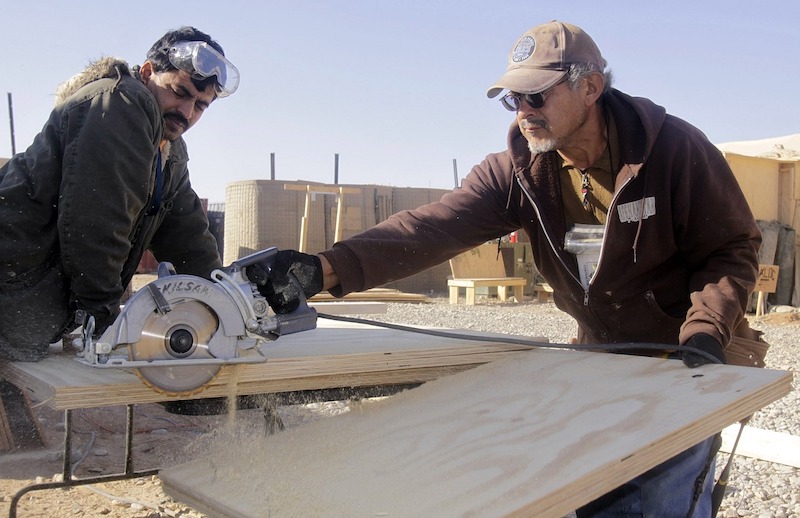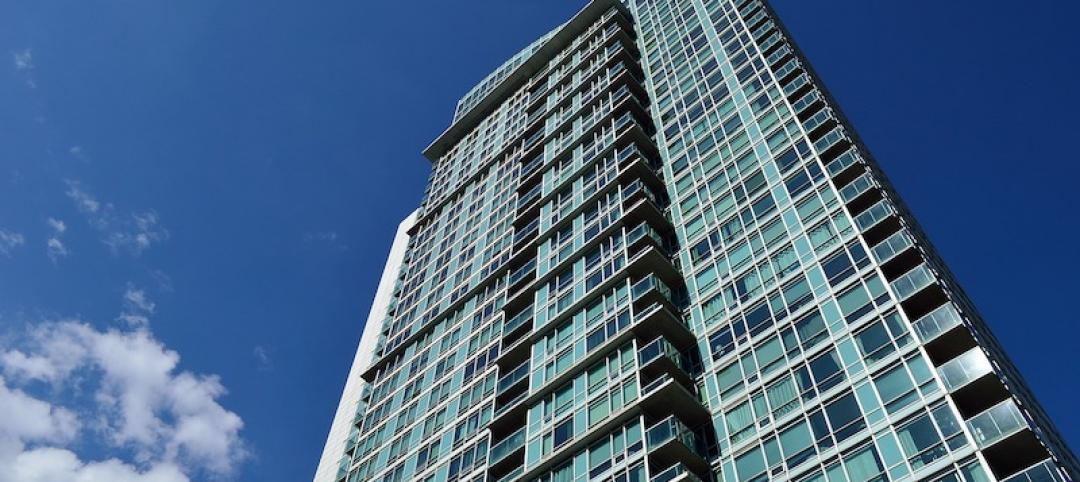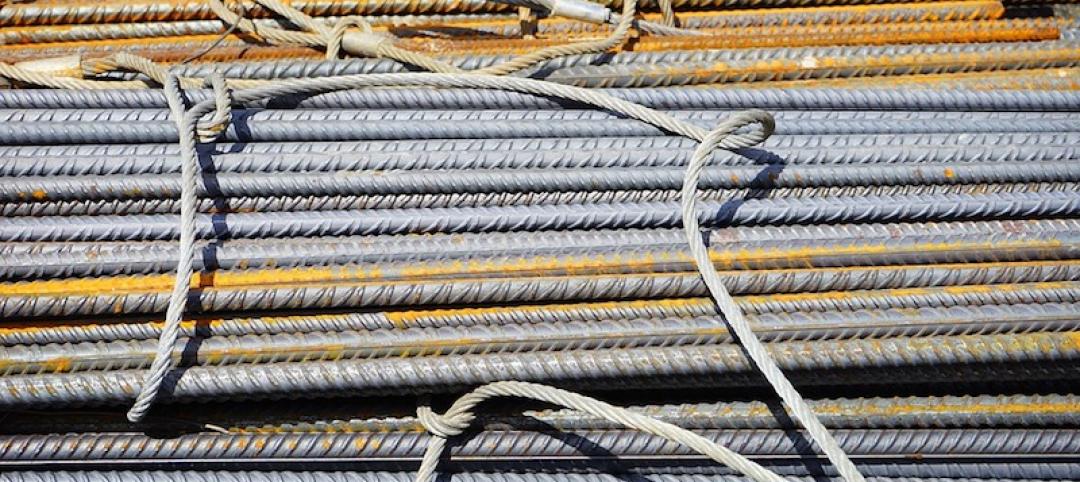The chief executive officer of the Associated General Contractors of America, Stephen E. Sandherr, issued the following statement in reaction to the release today of Senate Republican’s latest coronavirus relief measure, the Heals Act:
“Senate Republicans have crafted a relief measure that includes a number of vital provisions that will allow hard-hit construction firms to begin rebuilding their businesses and payrolls. Among the most promising of these provisions are liability reforms so construction firms that are protecting workers from the coronavirus will not be subjected to needless litigation. The proposal also includes important improvements to the Paycheck Protection Program and a much-needed expansion of the Employee Retention Tax Credit, both of which will help protect construction jobs.
“The measure also takes a more thoughtful approach than the existing federal unemployment insurance benefit by protecting unemployed workers without creating artificial barriers to returning people to good-paying jobs in sectors like construction. And the ambitious workforce development provisions in this measure have the potential to help millions of unemployed prepare for new careers in middle-class professions like construction.
“The measure is not without flaws, however. Most troubling is the virtual lack of funding for new infrastructure improvements. State transportation officials are coping with a $37 billion funding shortfall, declining revenues and the uncertainty that comes with the September 30 expiration of the existing highway and transit law. Additionally, public school, health and broadband infrastructure need federal investment to meet the challenges of operating during and after the pandemic. Ultimately, such new investments are essential to sustaining and rebuilding the American economy, which is why we will work to ensure they are ultimately included in a final relief measure.
“This proposed measure includes many provisions that will help the construction industry and the broader American economy. Combined with new infrastructure funding, it will help workers and employers avoid further economic harm. That is why we will work with leaders in both parties and both houses to see a final, fuller, measure enacted as quickly as possible.”
Related Stories
Market Data | Aug 13, 2018
First Half 2018 commercial and multifamily construction starts show mixed performance across top metropolitan areas
Gains reported in five of the top ten markets.
Market Data | Aug 10, 2018
Construction material prices inch down in July
Nonresidential construction input prices increased fell 0.3% in July but are up 9.6% year over year.
Market Data | Aug 9, 2018
Projections reveal nonresidential construction spending to grow
AIA releases latest Consensus Construction Forecast.
Market Data | Aug 7, 2018
New supply's impact illustrated in Yardi Matrix national self storage report for July
The metro with the most units under construction and planned as a percent of existing inventory in mid-July was Nashville, Tenn.
Market Data | Aug 3, 2018
U.S. multifamily rents reach new heights in July
Favorable economic conditions produce a sunny summer for the apartment sector.
Market Data | Aug 2, 2018
Nonresidential construction spending dips in June
“The hope is that June’s construction spending setback is merely a statistical aberration,” said ABC Chief Economist Anirban Basu.
Market Data | Aug 1, 2018
U.S. hotel construction pipeline continues moderate growth year-over-year
The hotel construction pipeline has been growing moderately and incrementally each quarter.
Market Data | Jul 30, 2018
Nonresidential fixed investment surges in second quarter
Nonresidential fixed investment represented an especially important element of second quarter strength in the advance estimate.
Market Data | Jul 11, 2018
Construction material prices increase steadily in June
June represents the latest month associated with rapidly rising construction input prices.
Market Data | Jun 26, 2018
Yardi Matrix examines potential regional multifamily supply overload
Outsize development activity in some major metros could increase vacancy rates and stagnate rent growth.
















